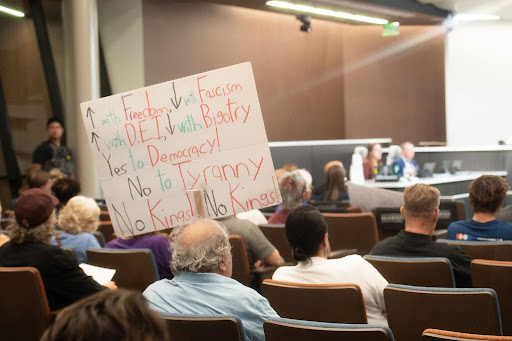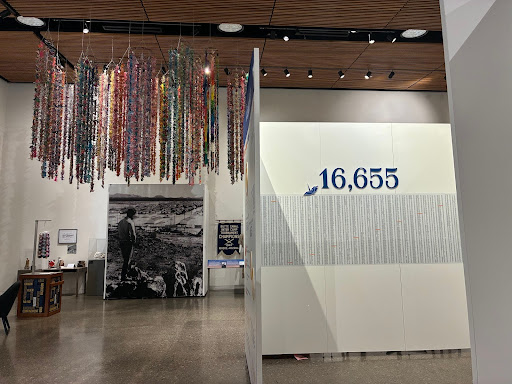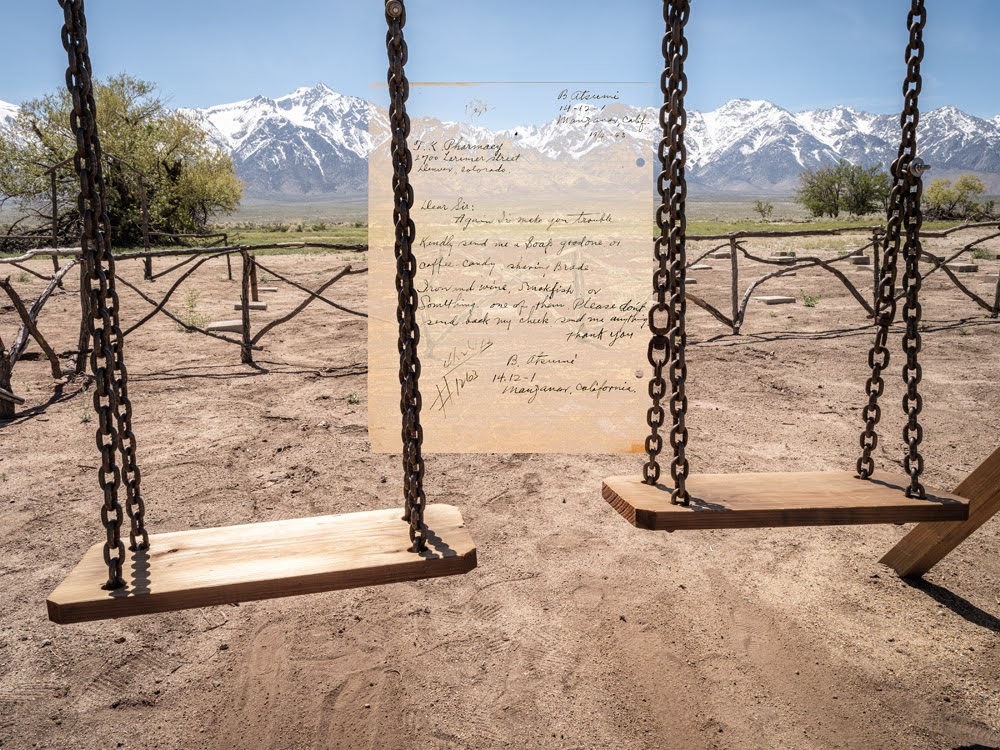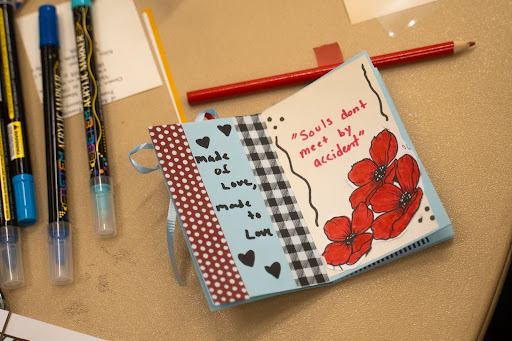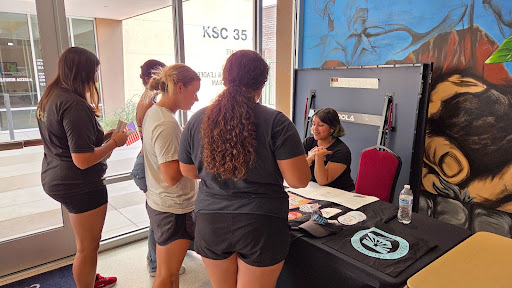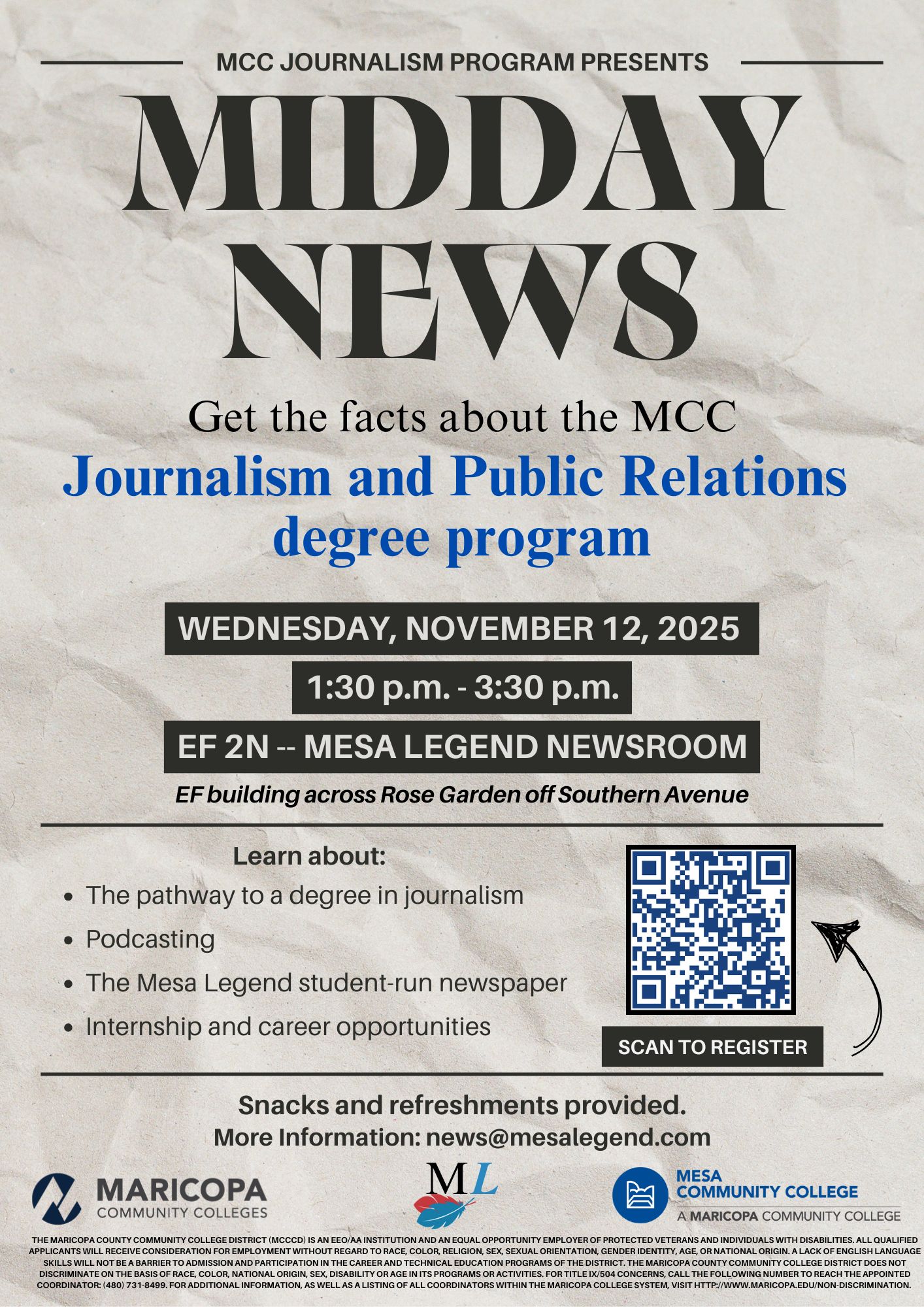Words are the most powerful reform for the oppressed
Karlyle Stephens
Mesa Legend
“Sticks and stones may break my bones but words will never hurt me,” is one of, if not the biggest lie to ever be passed around. Words hold the most power. The wrong words spoken to a young impressionable child can determine the course of the rest of his/hers life. The right choice of words can empower them forever. I’ve always been most fascinated by the power words have to free people. And mean in situations both mentally and physically.
To me, the greatest success stories are the ones in which oppressed people literally write themselves into freedom. This is the great appeal of art forms like hip hop music. Young men and women from America’s inner cities change poor circumstances for themselves and their families by writing rhymes and performing them on records. This was the genius of Lin Manuel Miranda and his Broadway classic “Hamilton.”
Miranda chose to fuse rap music with the story of U.S. forefather Alexander Hamilton because he says Hamilton’s life was “the quintessential hip hop narrative.” Hamilton was restricted to the island of St. Croix before it was hit by a devastating storm. Hamilton wrote a beautiful poem that was used for relief efforts and was so effective that money was raised for him to get off of the island and get an education in New York.
What he would go on to do next was history. It all started with words. The latest story of this kind to come to my attention and shock me with inspiration is from a gentlemen name Jimmy Santiago Baca. A documentary of his life titled “A Place to Stand,” was shown in the library this week and I had the pleasure of attending. The film is centered around the transformation Baca underwent during a 5 year sentence in a Arizona State Prison during the 1970s.
The era is documented as one the most brutal in the state’s prison history and Baca recalls being turned into a “desensitized Human being for survival sake.” But in the face of death; through some of the most vile circumstances known to man, Baca’s life is saved by the magic of words.Baca was mildly illiterate when he began his sentence. His only form of education came from the time he spent in an ophanage during his youth. (And thats when he wasn’t running away from it which he often did.)
It’s when he was sent a dictionary by a good Samaritian out of phoenix that Baca began a journey into words and it’s usefulness. He recalls looking up one word and being led down a rabbit hole of many other words that helped him express himself with the most precision. This inspired him to continue reading and writing. Writing poems that first gained him an audience of other inmates who began to get inspored to write themselves.
Then Baca’s work made it’s way outside of the prison walls and into the hands of magazine editors who began publishing his poems. When the time came for him to get paroled, he was met with denial by a vindictive wardon who had more interest in punishment than reform. But despite this, the power in words Baca had discovered and wrote, ultimately gained him his freedom. Of course Baca’s experience isn’t an unusual one. Many people go into prison and share a similar outcome as he did.
But I’m not sure we appreciate the value of these kind of transformations like we should. People tend to mock it more than anything else. It’s a joking stereotype about how people go to prison and come out as some kind of pseudo-intellectual. But insight into Baca’s story through the documentary reminded me of just how pivitol a role literacy and education can play in a healthy prison reform. It also must be a reminder to all of us of how vital words are.


